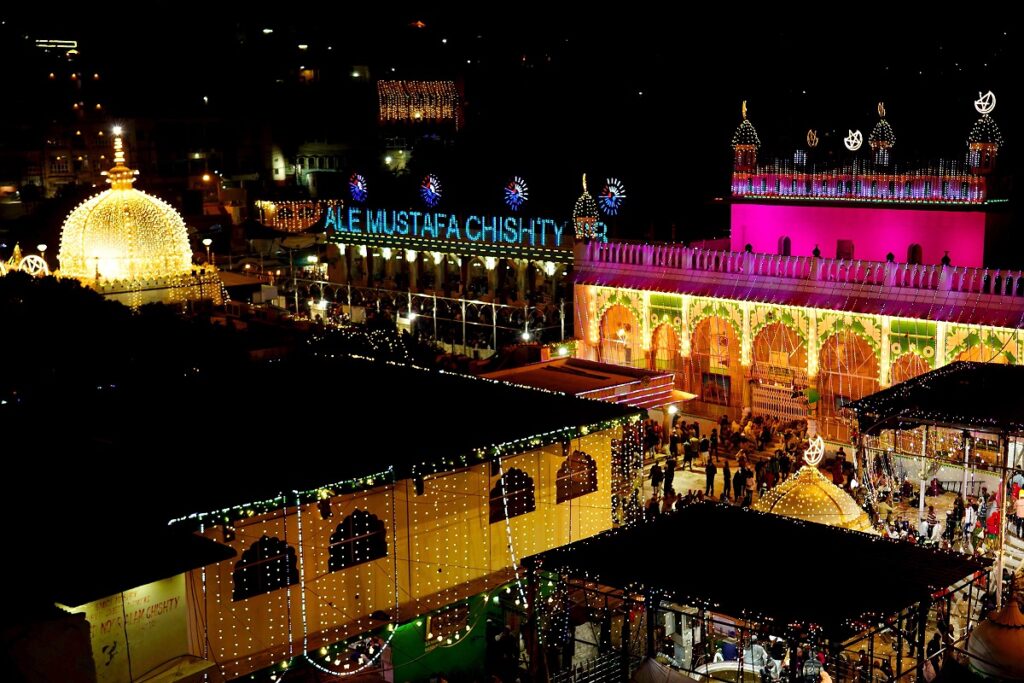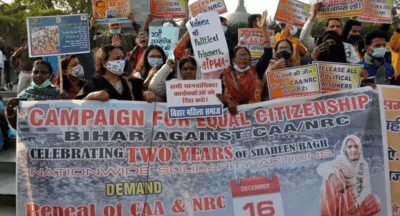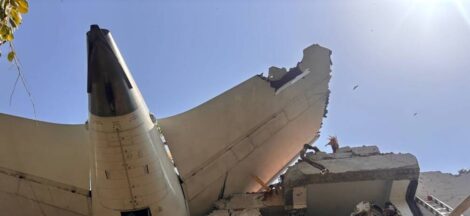A long-standing legal battle over the ownership of the Karbala Maidan land in Indore ended after the district court ruled against the Waqf Board’s claim to the property. The decision, which is expected to have far-reaching consequences for similar cases across India, comes after years of contention between the local municipal authorities and the Waqf Board, which had staked its claim on religious grounds.
The Karbala Maidan, a piece of land that has been the subject of heated debate for over a decade, was claimed by the Waqf Board, stating that it was part of a religious endowment. The Board argued that the land had been used for religious purposes, including observances of Muharram, and thus fell under its jurisdiction. The local administration, however, maintained that the land was public property and part of a municipal space used for multiple purposes, including public events and gatherings.
This conflict reached a crucial point when the Waqf Board officially filed its claim in court, asserting that the land should be transferred to its ownership to preserve the sanctity of religious activities associated with it. The claim also included an appeal to protect what the Board described as the cultural and religious heritage tied to the Maidan, urging the court to recognize its importance to the local Muslim community.
The district court’s ruling, however, dismissed the Waqf Board’s assertions, citing a lack of sufficient evidence to support the claim that the land was under Waqf jurisdiction. In its verdict, the court acknowledged that while religious activities had taken place on the Maidan, these events did not prove ownership by the Board. The court emphasized that public lands used for occasional religious gatherings do not automatically fall under the control of religious organizations without clear legal documentation. The ruling also highlighted that the municipal authorities had maintained the space for public use, which further strengthened their case.
This decision has not been received well by the Waqf Board, with its representatives expressing disappointment over the court’s verdict. Officials from the Board indicated their intention to challenge the ruling in a higher court, claiming that the historical and religious significance of the land had not been adequately considered. Legal experts believe this case may now move to a higher court, with the potential to reach the state’s High Court, which could prolong the legal proceedings for several more years.
The dispute over the Karbala Maidan is emblematic of broader tensions regarding religious properties across India. Waqf boards across the country are responsible for overseeing properties dedicated to religious or charitable purposes. These properties are often subjects of legal disputes, particularly in urban areas where land values have risen dramatically. The Karbala Maidan case reflects these broader dynamics, with religious claims being weighed against public and municipal interests.
According to legal analysts, the court’s decision sets a precedent for future cases involving public land and religious claims. It underscores the need for clear documentation when religious institutions seek to claim ownership of public spaces. While the Waqf Board’s position was primarily based on historical use, the court ruled that this alone was insufficient to establish legal ownership. Municipal authorities argued that the land had always been designated for public use, a claim supported by decades of public events held on the property, unrelated to any particular religious observance.
The Karbala Maidan, located in a populous area of Indore, has long been used for a variety of public functions, including political rallies, cultural events, and religious observances. The space is particularly significant during Muharram, when processions and gatherings take place to mark the Islamic day of mourning. Despite the court’s ruling, these religious activities are expected to continue as they have in the past, but without ownership being transferred to the Waqf Board.
The implications of this case stretch beyond Indore, as similar disputes have arisen in other Indian cities where Waqf boards claim historical religious use of public lands. The court’s decision may serve as a legal reference for future cases, where public authorities contest religious claims over communal spaces. Legal experts suggest that the ruling could prompt a re-evaluation of Waqf claims, leading to a clearer demarcation between religious properties and public lands.
Despite the court’s decision, the Waqf Board remains determined to continue its legal fight. Board officials have expressed concerns that the ruling could undermine the rights of religious communities to safeguard their cultural heritage. They argue that the court’s narrow interpretation of legal ownership fails to recognize the significance of historical and cultural ties to such lands. Some community leaders have also raised concerns that the ruling could set a dangerous precedent, potentially leading to further erosion of religious property rights.




 Gold Imports Surge Record High
Gold Imports Surge Record High 